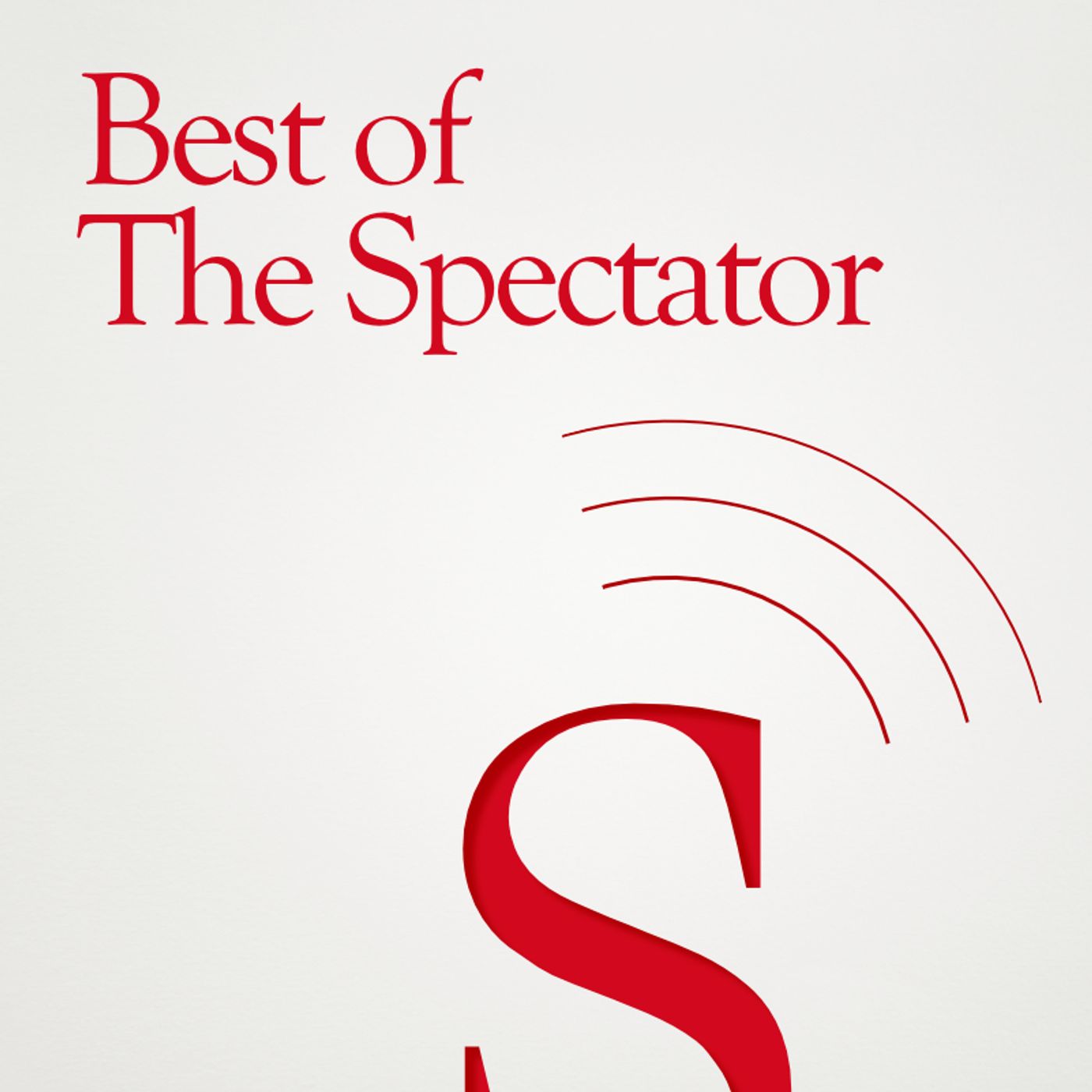- After-Shows
- Alternative
- Animals
- Animation
- Arts
- Astronomy
- Automotive
- Aviation
- Baseball
- Basketball
- Beauty
- Books
- Buddhism
- Business
- Careers
- Chemistry
- Christianity
- Climate
- Comedy
- Commentary
- Courses
- Crafts
- Cricket
- Cryptocurrency
- Culture
- Daily
- Design
- Documentary
- Drama
- Earth
- Education
- Entertainment
- Entrepreneurship
- Family
- Fantasy
- Fashion
- Fiction
- Film
- Fitness
- Food
- Football
- Games
- Garden
- Golf
- Government
- Health
- Hinduism
- History
- Hobbies
- Hockey
- Home
- How-To
- Improv
- Interviews
- Investing
- Islam
- Journals
- Judaism
- Kids
- Language
- Learning
- Leisure
- Life
- Management
- Manga
- Marketing
- Mathematics
- Medicine
- Mental
- Music
- Natural
- Nature
- News
- Non-Profit
- Nutrition
- Parenting
- Performing
- Personal
- Pets
- Philosophy
- Physics
- Places
- Politics
- Relationships
- Religion
- Reviews
- Role-Playing
- Rugby
- Running
- Science
- Self-Improvement
- Sexuality
- Soccer
- Social
- Society
- Spirituality
- Sports
- Stand-Up
- Stories
- Swimming
- TV
- Tabletop
- Technology
- Tennis
- Travel
- True Crime
- Episode-Games
- Visual
- Volleyball
- Weather
- Wilderness
- Wrestling
- Other
The Book Club: Tom Holland
As Sam is still away, we've dug out one our favourite podcasts from the archives. Back in 2019 Sam spoke to the historian Tom Holland, about his book Dominion: The Making of the Western Mind. The book, though as Tom remarks, you might not know it from the cover, is essentially a history of Christianity and an account of the myriad ways – many of them invisible to us – that it has shaped and continues to shape Western culture. It’s a book and an argument that takes us from Ancient Babylon to Harvey Weinstein’s hotel room, draws in the Beatles and the Nazis, and orbits around two giant figures: St Paul and Nietzsche. Is there a single discernible, distinctive Christian way of thinking? Is secularism Christianity by other means? And are our modern-day culture wars between alt-righters and woke progressives a post-Christian phenomenon or, as Tom argues, essentially a civil war between two Christian sects?

